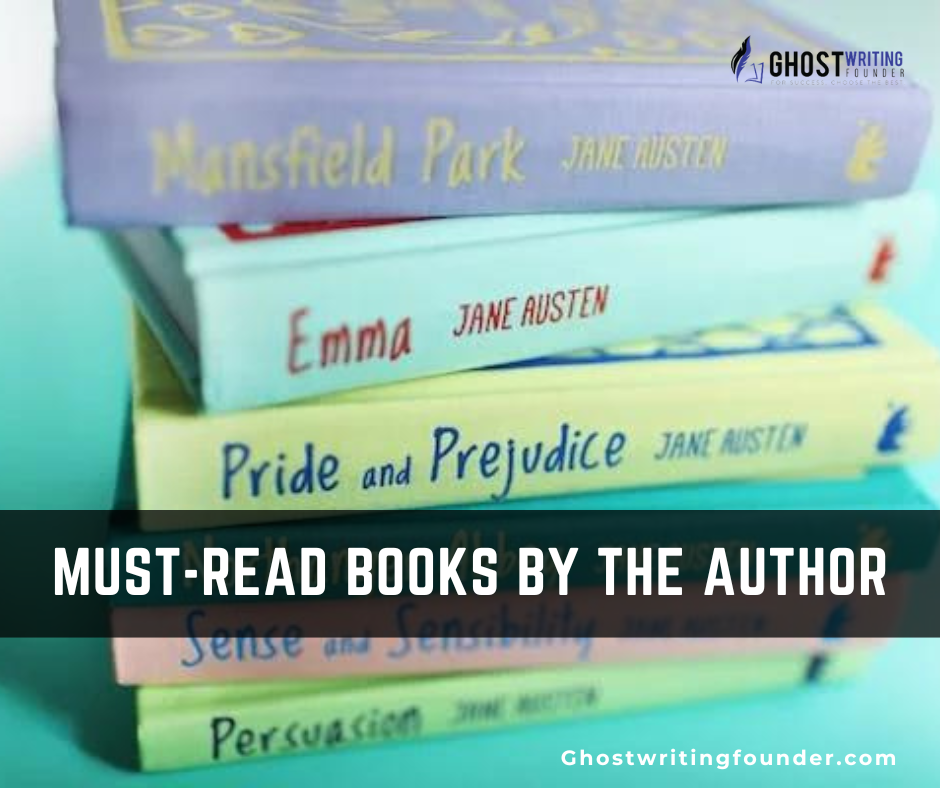
Writing
“I want to write a book about my life, but I am confused about where to start.”
I can’t tell you how often I’ve heard this sentence. Numerous individuals have a story to tell which is unique in its way. It doesn’t make a difference if that story will never be on the New York Times best list. Perhaps it’s a story that is only known to your loved ones; however, it is essential to the author. Suppose you are one of those who need to write a book about my life. Yet, they are confused about where to start with, then continue perusing to learn proficiency with pro tips on writing a memoir.
When writing, consider the audience in mind:
If you ‘write a book about my life’ relating to your family, your content might differ from writing for the general public. Consider whether you need to change individuals’ names. If you had a bad experience in your past, the person might not want to include the individual, especially with their real names. You may likewise need to consider whether your life story can be written as fiction. There is a known saying, “Real life is better than fiction.” Maybe your actual story could be written in a fiction structure, making it more saleable for the mass market.
Just start writing:
Note down all that you can remember about the life events you want to include when writing a book about my life. At this moment, the chronological order doesn’t matter. The primary purpose of writing is to write down all the memories you have of your past.
Set a daily word count goal and time to work on your book every day:
It is essential that you have to set a word count goal. You don’t have to write a lot, but you need to write often. Making a daily goal will give you something to aim for. At the start, set a small word count target of about 300 to 400 words as at the beginning, you will eventually write small. After you will be able to create momentum so you could also write 1500 to 2000 words a day.
Consistency makes creativity easier. You need to maintain a daily deadline to do your work. Take a day off from your busy life, if you can, or plan a schedule in advance, set your deadline for writing, and never let deadlines pass. Setting a regular writing time will ensure that you don’t have to think about when you will write. When you sit down to write, train your mind for when it’s time to write, only it’s time to write.
Write the scenarios of your life:
Write the experiences and memories of your life when you write a book about my life. It is better that you use the old way to write down your experiences using paper and pen. Since you note down all the experiences in a different place, it would be easy for you to select those experiences you want to include when writing.
Key Characteristics and Profound Details
| Writing Phase | Technique or Strategy | Emotional or Creative Aspect |
|---|---|---|
| Starting Point | Begin by jotting down memories, regardless of order. | Unleash creativity and recollection without constraints. |
| Setting Goals | Establish a daily word count and a consistent writing schedule. | Balances discipline with creative flow. |
| Organizing Content | Choose a format: chronological, thematic, or mixed. | Shapes the narrative structure of your life story. |
| Audience Consideration | Decide if the book is for family, public, or both. | Influences tone, detail, and privacy considerations. |
| Emotional Depth | Integrate various emotions and humor. | Ensures a relatable and humanized narrative. |
| Utilizing Resources | Use photographs, videos, and family input for details. | Enhances authenticity and richness of memories. |
| Therapeutic Aspect | Embrace the healing aspect of writing your story. | Provides personal closure and emotional connection. |
Set a format for organizing your story:
Do you want your story in chronological order? Or you prefer to focus on one aspect of your life? Or you want to vary from chapter to chapter as you describe your past event and at another point, you are in the present? It varies from person to person when he decides to “write a book about my life.” When you select your format, you can pick out the event you want to include in a book.
Select a theme:
When you think, let’s write a book about my life, are you writing to your family or your generation. Is there some experience through which you want to inform people? The purpose of choosing a theme is that you want to share your experiences with the world.
Use your Loved ones:
While you probably won’t recall everything about a specific occasion, I ensure somebody remembers everything. Approaching loved ones for ideas or details of a particular circumstance can give you an alternate perspective of the event or time in your life. That viewpoint may end up being priceless in your composition. Be prepared; when you gather loved ones together to think back, you will be stunned at how rapidly the thoughts come and how one felt at that point in time.
Use photographs to refresh your memory:
Find your old pictures. Seeing old photos are one of the best ways to refresh your memories. It should have your pictures, after all, that’s what you said, right, “write a book about my life.” as it helps to provide details of both people and the plot.
Add as many emotions as you can:
No one likes a depressing story, so don’t make your entire content discouraging. I know everyone lives a different life. Some have a happy, or some have a painful life experience. Even your life story is not happily ever after, so make sure to include some happy moments of humor.
Use the audio and video to recall or records your events:
Everyone wants to save their special moments in video or audio format. I don’t think it is unnecessary. These recordings can be beneficial. When you write a book about my life, these recordings will help you compose your story more straightforwardly. Or, if you have hired a writer to write your life story, you can take these recordings to them. With these recordings, they will understand better when composing your life story.
Enjoy Therapeutic Writing:
Writing your life story can be therapeutic, offering closure to both happy and sad moments of life along with emotional and psychological healing. Everyone has ups and downs in their life, but they are all very significant. When you read your story, it should touch your heart. If it does, it will touch the hearts of your readers in the same way.









Leave a Reply